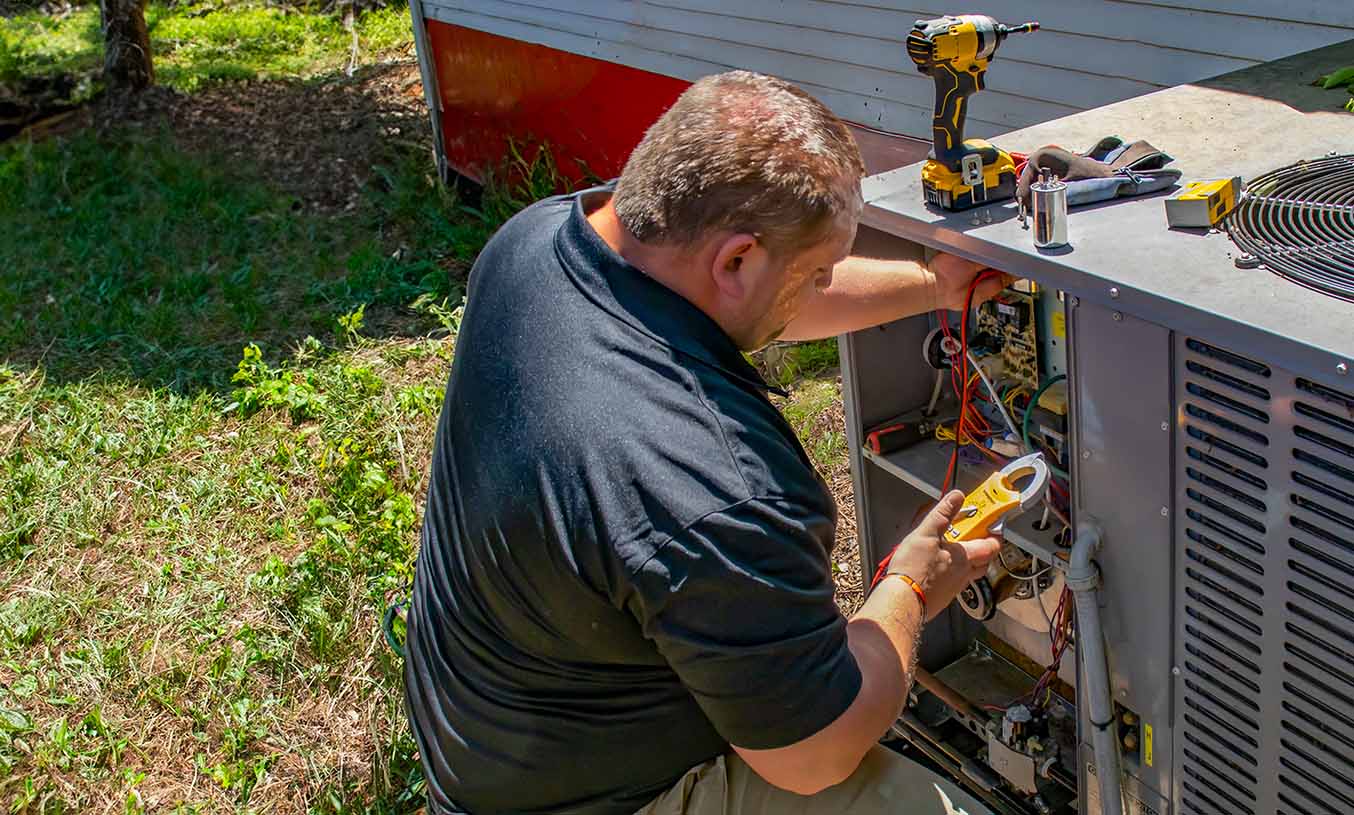- HEP
- System Upgrade

 System Upgrade
System Upgrade
System Upgrade | Air Conditioning | Heating and Air Conditioning | Manchester
Breathe easier through every season in Manchester with HEP’s system upgrade heating and air conditioning solutions. Whether you live in a Victorian terrace off Deansgate or a sleek flat in Ancoats, our certified engineers blend cutting-edge tech with northern know-how to replace tired equipment, optimise airflow, and slash energy bills. We assess your property room by room, recommending smart thermostats, high-efficiency heat pumps, and whisper-quiet condensers that keep you cosy in winter and refreshingly cool when the city heatwave rolls in.
From first consultation to final sign-off, you’ll get transparent pricing, tidy workmanship, and a workmanship guarantee backed by decades of local service. Let HEP future-proof your home, reduce your carbon footprint, and turn that sticky midsummer night into pure comfort—because Manchester deserves better air conditioning.
FAQs
Why should I consider upgrading my existing air-conditioning system in Manchester?
Modern systems are up to 40 % more energy-efficient than units installed just 10 years ago, thanks to inverter compressors, eco-friendly R32 refrigerant and smarter controls. An upgrade can reduce running costs, lower your carbon footprint, improve indoor air quality with advanced filtration and dehumidification, and deliver quieter operation—an important benefit in Manchester’s densely populated neighbourhoods.
How long does a typical air-conditioning upgrade take from survey to hand-over?
For most domestic properties we follow a three-step process. 1) Free site survey (1–2 hours) within 3 days of your enquiry. 2) Quotation and design sign-off (1–3 days). 3) Installation, commissioning and user training—usually completed in 1 day for a single-split system or 2–3 days for a multi-split or ducted upgrade. Commercial projects can take 1–2 weeks depending on scale, but we always provide a detailed schedule so you know what to expect.
What kind of energy savings and payback period can I expect?
A-rated inverter systems typically deliver Seasonal Energy Efficiency Ratios (SEER) of 6.5–8.0, compared with 3.0–4.0 for many legacy units. In a standard three-bed Manchester home that uses cooling and heating via a heat-pump split system, this translates to annual energy savings of £250–£450. Most customers see a full return on investment in 4–6 years, and even sooner if they replace electric resistance heaters or older, inefficient gas boilers.
Are there any grants or incentives available in Greater Manchester for upgrading HVAC equipment?
Yes. Domestic customers may qualify for 0 % VAT on heat-pump-based air-conditioning until March 2027. Small and medium-sized businesses can apply for the Greater Manchester Clean Air Fund’s £5,000 grant toward low-emission heating and cooling. In addition, certain high-efficiency units are eligible for the UK government’s Enhanced Capital Allowance, allowing businesses to deduct the full cost from taxable profits in the first year.
Will I need planning permission or building regulations approval to install or upgrade an air-conditioning system?
Most replacements like-for-like fall under Permitted Development in England, so no planning permission is required. However, external condenser units must be less than 0.6 m³ and positioned at least 1 m from the property boundary. Listed buildings, flats and properties in conservation areas within Manchester City Council’s jurisdiction often need specific consent. Building Regulations Part F (ventilation) and Part L (energy efficiency) still apply, so we notify Building Control on your behalf and provide all compliance certificates.
How do I keep my upgraded system operating at peak efficiency?
Schedule professional maintenance at least once a year—twice if the system is used for both heating and cooling. Our maintenance plan includes filter cleaning or replacement, refrigerant pressure checks, coil sanitisation to prevent mould, software/firmware updates for smart controls and a written performance report. Homeowners should also vacuum return-air grilles monthly and keep outdoor condensers free of leaves and debris. Adhering to this regimen can extend equipment life beyond 15 years and preserve manufacturer warranties.